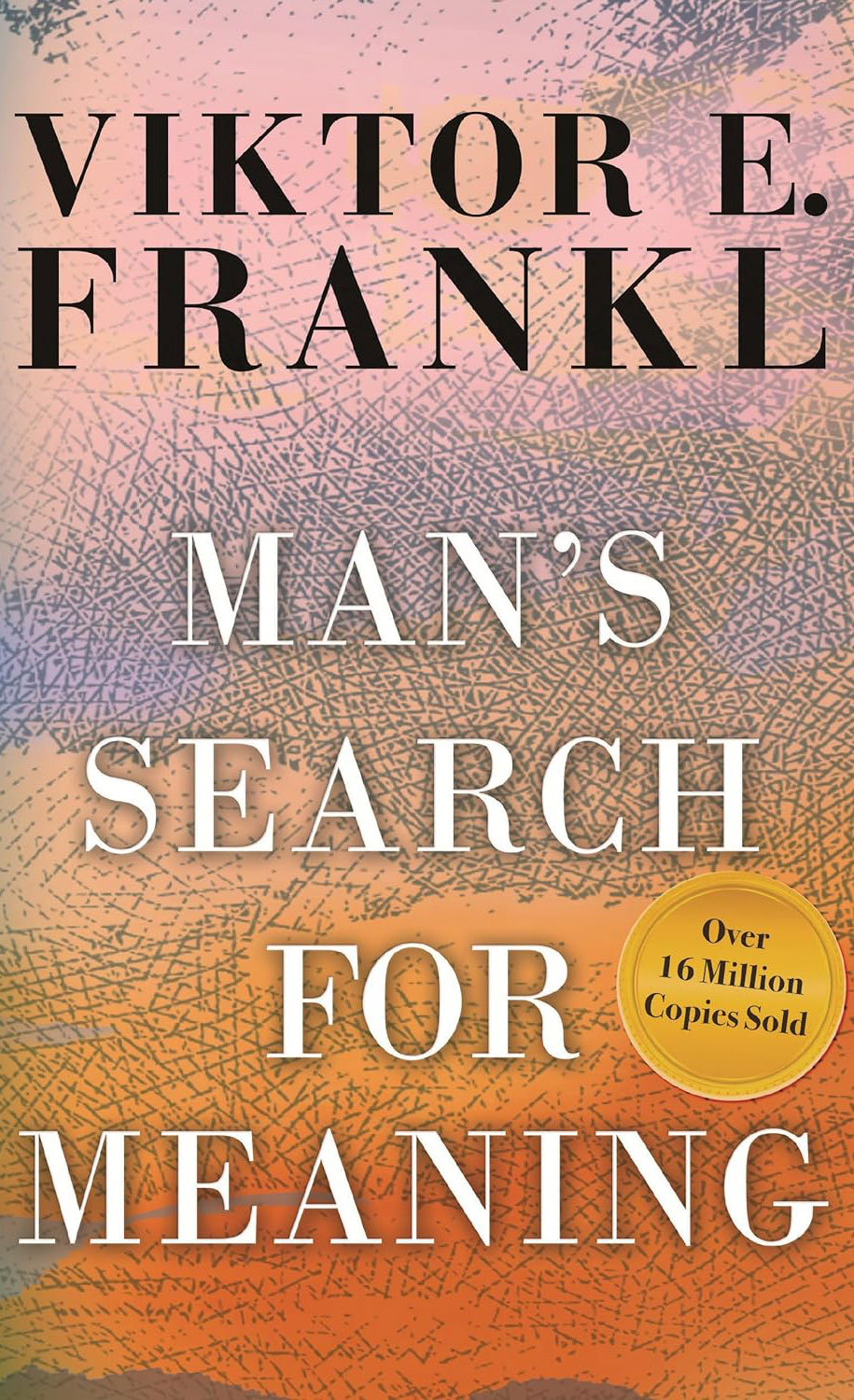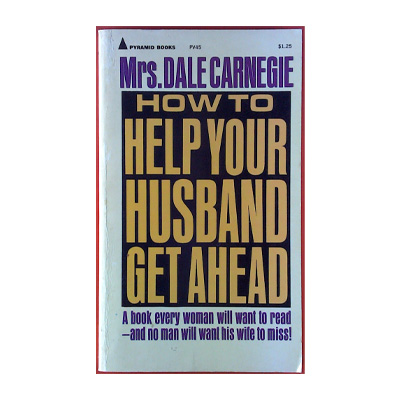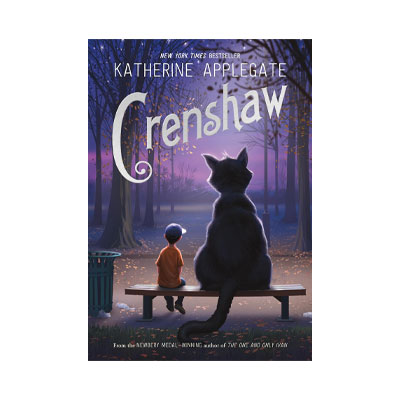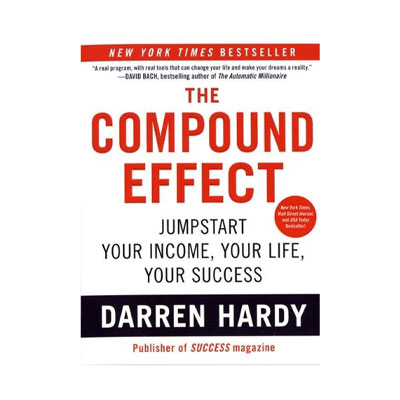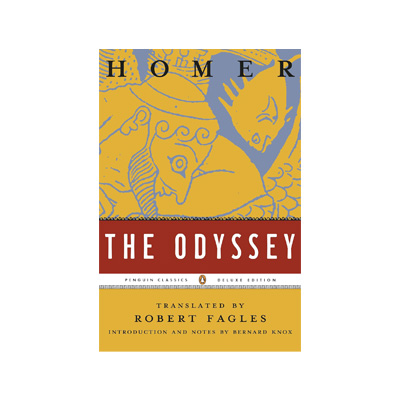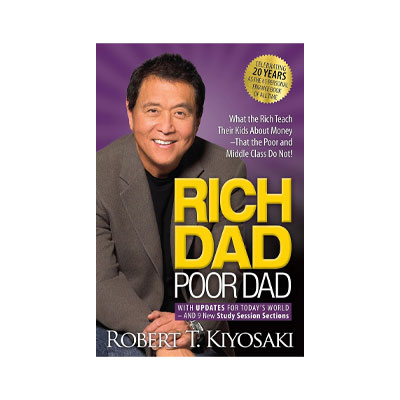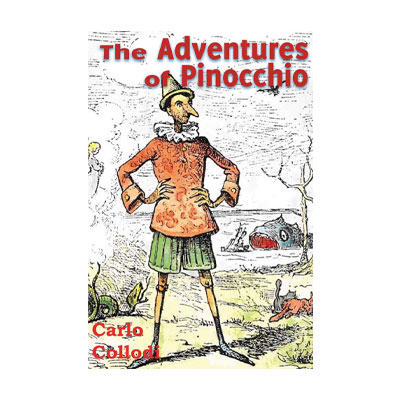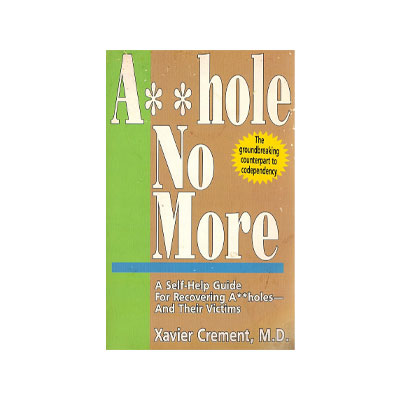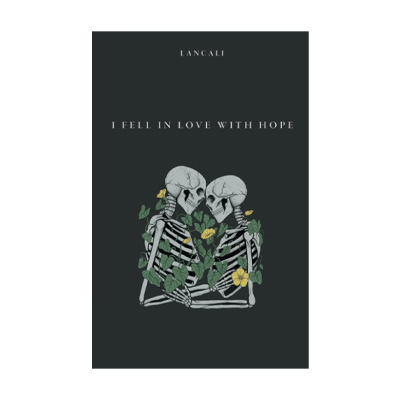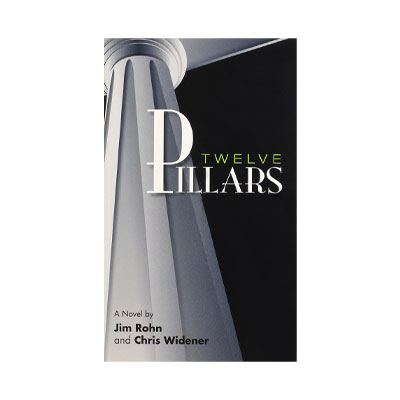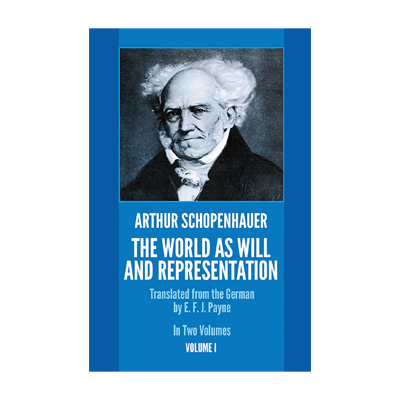Book Summary
Man's search for meaning is the result of Viktor E Frankl's experiences during his captivity in a concentration camp in Nazi Germany. The hard and terrible days that passed by him eventually led to his release. During his time in the camp, he found a meaning in life that made the moments bearable for him and continued.
Frankel's art of writing shows itself when the audience imagines himself in the camp while reading the work, and sometimes he may be inspired by the author's bitter experiences. For example, at the beginning of Viktor's adventures in prison, we will read that the prisoners They were divided into two general categories, the first category was sent to be executed and their task was clarified by death, and the second category was taken to work in different areas and they worked and waited to see when the time of their execution would come.
The second group, although they were alive, but this indecision caused severe torment on them, and the narrator of the story belonged to this second group. Now this question arises for the reader before facing the mentioned book, how the prisoners in this situation could maintain their hope of life. It should be answered like this: Apart from those people who had no hope and chose indifference, the hopeful people spent hours and days with the memory of their loved ones and the happy memories they had in their minds, so that maybe they would be able to do it again.
be repeated the narrated story is real and when the author talks about those days that some people gave their food to others in the shocking moments of their lives, the audience realizes more and more how much preserving the humanity and dignity of life by some, honorable It is counted and sacrifice and honor never end. Dealing with what lies in the heart of the book's title is another facet of the truth of survival while in prison. Frankl describes this passage more beautifully and ties motivation to the meaning of life.
According to his own words, there is no relation to place and time, for example, one person in music at the age of 50, another person in sports at the age of 20, as well as other people in different fields and in different situations can find their purpose and to reach, they plan and work hard. All these components are proposed by the late Victor to explain the meaning of life for us in several ways, that we should not be afraid and overcome the obstacles in any prison, whether mental or physical, and make excuses under the pretext of reading the book ahead.
Do not shave for yourself. Indeed, when we are faced with such strength from the author and those around him who are hopeful in those days, we are ashamed to think about despair, let alone want to speak about it. The fate of no human is determined from the beginning and the life of every person can be sweet or unfortunate and end now what makes this difference? The meaning that the first role of every person's life, which is himself, gives to the moment of his presence in the world and determines his destiny.
About the Author
Austrian writer Viktor Frankl was born in Vienna in 1905. During World War II, when Germany invaded Austria, he was captured and spent several years in a concentration camp. Before the war and his captivity, he was working in a mental hospital for about 8 years as the head of the women's suicide department. He left the world forever in 1997. Let the world learn how to give meaning to their lives in difficult times and resist the challenges of the times and never fail. According to many experts, the science of meaning therapy or in other words logotherapy was founded by Frankl.
Who Should Read the Book?
In today's modern era, people are trapped in darkness, such as mental depression, poverty, incurable diseases, etc., which may destroy their hope, and there is a reason for people to even breathe after drowning in despair. do not have This work is supposed to target this group of people and with the solutions proposed by its author, while being realistic, it calls semanticist the solution for all humanity and with the real events that the story defines, it gives new hope to human life. Man's search for meaning is for all humanity because we are all condemned to be hopeful at any moment and place.
Table of Contents
The story described by the author in this book is divided into two general parts after three prefaces and a summary. The first part, which consists of one chapter, forms a short part of the work and describes experiences from the forced labor camp. The second part, which explains the summary of logotherapy, has about 20 chapters in its sub-set, which have different titles, among them are the search for meaning, the nature of existence, a logo drama, social neurosis, rehumanized psychotherapy and excerpts. Mentioned letters and speeches.
